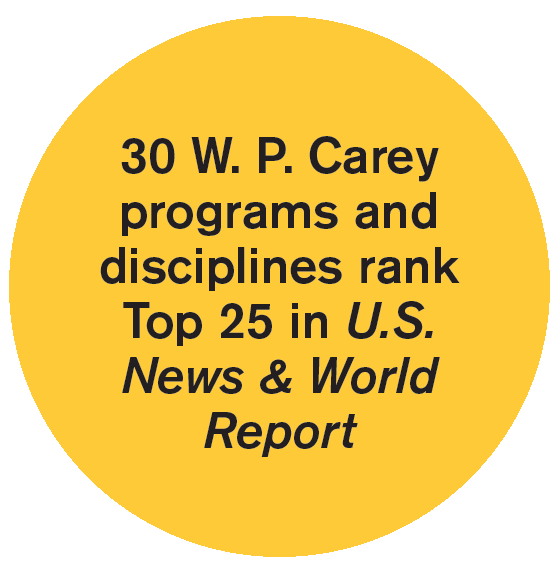It’s also fair for alumni to wonder how their alma mater stacks up with other schools, and the role they can play in maintaining or growing their school’s reputation.
Some rankings, such as the U.S. News & World Report’s undergraduate list, judge business schools by reputation, based only on a survey of U.S. business school deans. The Financial Times’ global MBA ranking combines surveys from alumni with quantitative measures from MBA programs, such as employment rates and class demographics.
Most business schools submit information once a year to organizations that judge objective data, such as student GPAs and starting salaries. Many rankings also include data from questionnaires sent to students and alumni. A minimum number of students and alumni must complete the surveys for a school to be included, meaning their participation is imperative for schools hoping to place high in the rankings.
Here’s a look at how different rankings evaluate all the criteria. Some factors are deemed more important by one organization than they might be for another. If you receive a survey from a rankings body, your feedback can truly help reflect how W. P. Carey compares to other business schools and programs.
100% survey of business school deans
100% survey of business school deans


U.S. News & World Report
Princeton Review
U.S. News & World Report